- Great Learning
- Free Courses
- It & Software
Android App Development with Python Free Course
Android App with Python
Learn about android app with python from basics in this free online training. Android app with python course is taught hands-on by experts. Learn about python, pycharm, & anaconda installation and variables in python in details.
Instructor:
Mr. Bharani AkellaAndroid App with Python
35.8K+ learners enrolled so far
Stand out with an industry-recognized certificate
10,000+ certificates claimed, get yours today!
Get noticed by top recruiters
Share on professional channels
Globally recognised
Land your dream job

Skills you will gain
Data Structures
Python
Android App Development
Key Highlights
Get free course content
Master in-demand skills & tools
Test your skills with quizzes
About this course
Kivy is a cross-platform Python library for developing applications that use innovative user interfaces like multi-touch apps. This app development course aims to familiarize you with Kivy to help you design apps efficiently. You will first go through the installation process of Python, PyCharm, and Anaconda. You will then get familiar with the Jupyter Notebook. You will learn Python basics like variables, data types, operators, tokens, and Python data structures. Additionally, you will get started with Kivy by understanding its basics. Lastly, you will learn to add labels, text boxes, and buttons to the app. Enroll in this Android App with Python course and receive a certificate.
Enhance your software knowledge through Great Learning’s Best Software Courses. Learn advanced software concepts by enrolling in the PG program of your interest and earn a certificate of course completion.
Course outline
Python, PyCharm, & Anaconda Installation
This module helps you install and configure Python, PyCharm, and Anaconda.
Introduction to Jupyter notebook
This module introduces you to the Anaconda IDE called Jupyter Notebook. Through the hands-on session, you will get familiar with the features of this IDE.
Variables in Python
In this module, we’ll learn about a reserved memory location to store values called a python variable. A Python variable is a symbolic name that is a reference or pointer to an object.
Datatypes in Python
Variables are associated with datatypes. This module will brief you about different data types in Python, such as int, float, Boolean, and string. In the end, you will see the implementation of different data types in Python programming.
Operators in Python
Python have three operator types: relational, arithmetic, and logical. The tutor will help you better understand these operators with the help of some examples in Python.
Tokens in Python
This section will brief you about four different tokens in Python, starting from keywords, and continuing with identifiers, literals, and operators with demonstrated code snippets.
Data structures in Python
In this module, you will understand Tuple, List, Dictionary, and Set, which are the basic data structures in Python.
Introduction to Kivy
This module will help you understand Kivy, a popular GUI framework used to create desktop user interfaces and mobile applications on iOS and Android.
Installation of Kivy
This module is an easy guide for installing and setting Kivy on your system.
Adding Labels to App
A label is a user interface element that displays text on a screen. This module contains a hands-on session that will assist you in understanding how to add labels to the app by importing the required library.
Adding Text Boxes to App
Textboxes help you insert text or get input from your user. This module contains a hands-on session on how to add text boxes to the app.
Adding Buttons to App
The button is a label with associated actions triggered when the button is pressed. This module contains a hands-on session to help you understand how to add buttons to the app.
Get access to the complete curriculum once you enroll in the course
Stand out with an industry-recognized certificate
10,000+ certificates claimed, get yours today!
Get noticed by top recruiters
Share on professional channels
Globally recognised
Land your dream job

Android App with Python

3.0 Hours
Beginner
35.8K+ learners enrolled so far
Get free course content
Master in-demand skills & tools
Test your skills with quizzes
Learner reviews of the Free Courses


5.0


What our learners enjoyed the most
Skill & tools
65% of learners found all the desired skills & tools
Our course instructor

Mr. Bharani Akella
Data Scientist
IT & Software Expert
Frequently Asked Questions
Will I receive a certificate upon completing this free course?
Is this course free?
What are the prerequisites required to learn this Android App with Python course?
No specific prerequisites are required, but if you are familiar with Python basics, it will help you better understand app development using Python.
How long does it take to complete this Python for Android course?
This Python for Android course contains 2 hours of self-paced video content.
Will I have lifetime access to the free course?
Yes, you can visit this course as many times as the requirement arises.
Is it worth learning Android App with Python?
Absolutely. The primary benefit of using Python to develop Android apps is the increased speed and agility that the Python language offers. In addition, it is widely considered to be a powerful and easy-to-learn language, making it an ideal choice for developing Android apps.
Why is Android app development so popular?
There is a growing demand for app developers as more and more businesses look to create their own mobile apps. App development courses can teach you the skills and knowledge you need to build applications for various platforms, including Android, iOS, Windows, and the web.
What jobs demand that you learn app development course?
Multiple jobs demand that you learn Python App Development like,
- Mobile App Developer
- Android Developer
- Software Engineer
- Android App Developer
- Application Developer
Will I get a certificate after completing this Android App with Python course?
Yes, you will receive a free Python for Android course completion certificate after completing all the modules and a quiz at the end of the course.
What knowledge and skills will I gain upon completing this Python Android app course?
You will learn Python fundamentals, data structures, Android App development, and the Kivy framework.
How much does this app development course cost?
This Android App with Python is a free course offered by Great Learning.
Is there a limit on how many times I can take this Python for Android course?
No, there is no limit on revisiting this free course. You can re-learn the Python app concepts whenever there is a requirement.
Can I sign up for multiple courses from Great Learning Academy at the same time?
Yes, you can register for multiple free courses offered by Great Learning that paves the way for your career growth.
Why choose Great Learning for this Android App with Python course?
Great Learning Academy offers quality free courses that involve in-demand industrial knowledge. This free app development using Python course introduces you to the Kivy framework that helps you to develop useful apps.
Who is eligible to take this app development using Python course?
Any beginner who wishes to learn Android app development can enroll in this course.
What are the steps to enroll in this course?
- Search for the free “Android App with Python” course through Great Learning Academy’s search bar.
- Register for the course through enroll button on the course page and start learning.
Become a Skilled Professional with Pro Courses
Gain work-ready skills with guided projects, top faculty and AI tools, all at an affordable price.


View Course

Included with Pro+ Subscription

View Course

Included with Pro+ Subscription

View Course

Included with Pro+ Subscription
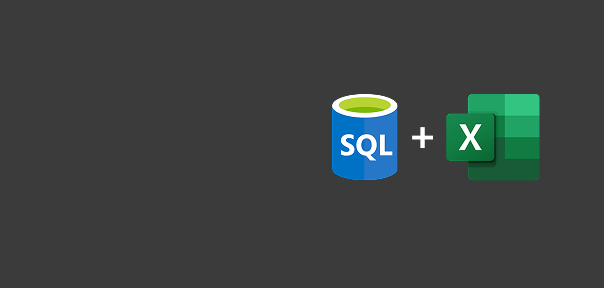

View Course

Included with Pro+ Subscription

View Course

Included with Pro+ Subscription


View Course

Included with Pro+ Subscription

View Course

Included with Pro+ Subscription
.jpg)
View Course

Included with Pro+ Subscription


View Course

Included with Pro+ Subscription


View Course

Included with Pro+ Subscription


View Course

Included with Pro+ Subscription


View Course

Included with Pro+ Subscription


View Course

Included with Pro+ Subscription
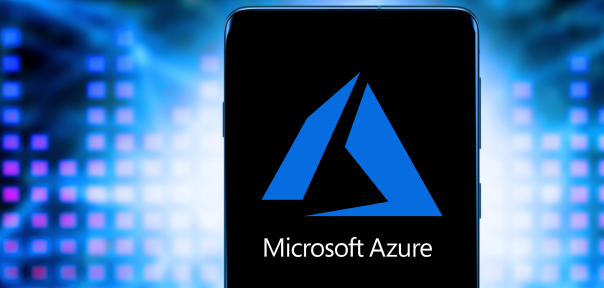


View Course

Included with Pro+ Subscription

View Course

Included with Pro+ Subscription
 (1).png)
View Course

Included with Pro+ Subscription
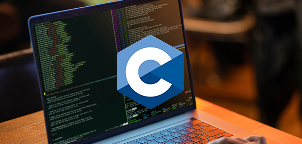
View Course

Included with Pro+ Subscription

View Course

Included with Pro+ Subscription
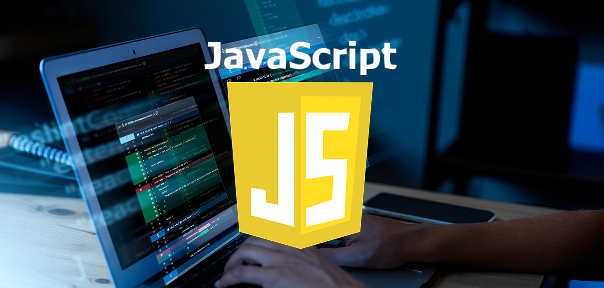
View Course

Included with Pro+ Subscription

View Course

Included with Pro+ Subscription
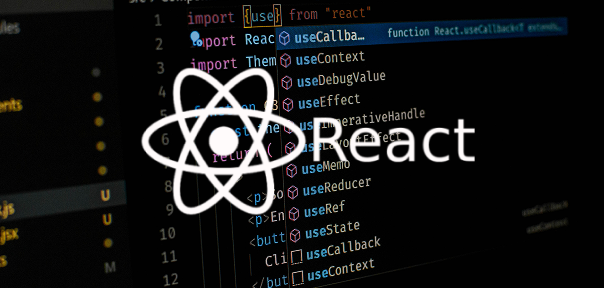
View Course

Included with Pro+ Subscription
.png)
View Course

Included with Pro+ Subscription


View Course

Included with Pro+ Subscription
.jpg)

.jpg)

.png)

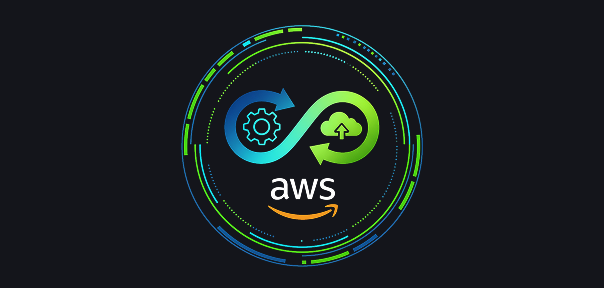
View Course

Included with Pro+ Subscription


View Course

Included with Pro+ Subscription



View Course

Included with Pro+ Subscription


View Course

Included with Pro+ Subscription

View Course

Included with Pro+ Subscription

View Course

Included with Pro+ Subscription


.jpg)
View Course

Included with Pro+ Subscription

View Course

Included with Pro+ Subscription
.jpg)
View Course

Included with Pro+ Subscription

View Course

Included with Pro+ Subscription
.jpg)
View Course

Included with Pro+ Subscription
 (1).jpg)
View Course

Included with Pro+ Subscription
.png)
View Course

Included with Pro+ Subscription
.jpg)
View Course

Included with Pro+ Subscription
.jpeg)
View Course

Included with Pro+ Subscription
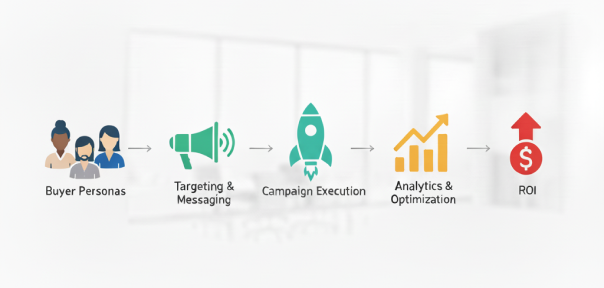
View Course

Included with Pro+ Subscription

View Course

Included with Pro+ Subscription

View Course

Included with Pro+ Subscription
.png)
.png)
View Course

Included with Pro+ Subscription
.png)
View Course

Included with Pro+ Subscription
.png)
View Course

Included with Pro+ Subscription


View Course

Included with Pro+ Subscription
.png)
View Course

Included with Pro+ Subscription

View Course

Included with Pro+ Subscription
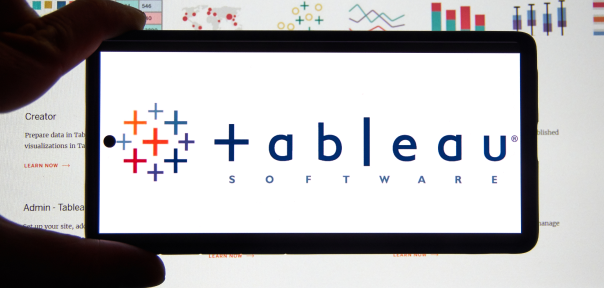
View Course

Included with Pro+ Subscription
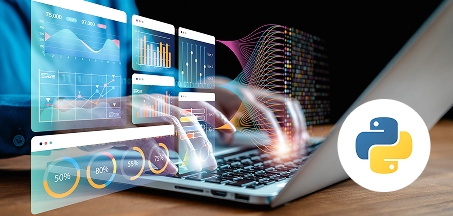
View Course

Included with Pro+ Subscription

View Course

Included with Pro+ Subscription
Popular


View Course

Included with Pro+ Subscription

View Course

Included with Pro+ Subscription

View Course

Included with Pro+ Subscription


View Course

Included with Pro+ Subscription

View Course

Included with Pro+ Subscription


View Course

Included with Pro+ Subscription

View Course

Included with Pro+ Subscription
.jpg)
View Course

Included with Pro+ Subscription
Microsoft Courses


View Course

Included with Pro+ Subscription


View Course

Included with Pro+ Subscription


View Course

Included with Pro+ Subscription


View Course

Included with Pro+ Subscription


View Course

Included with Pro+ Subscription


IT & Software

View Course

Included with Pro+ Subscription

View Course

Included with Pro+ Subscription
 (1).png)
View Course

Included with Pro+ Subscription

View Course

Included with Pro+ Subscription

View Course

Included with Pro+ Subscription

View Course

Included with Pro+ Subscription

View Course

Included with Pro+ Subscription

View Course

Included with Pro+ Subscription
.png)
View Course

Included with Pro+ Subscription
.png)
View Course

Included with Pro+ Subscription
.png)
View Course

Included with Pro+ Subscription

View Course

Included with Pro+ Subscription

View Course

Included with Pro+ Subscription
.jpg)
View Course

Included with Pro+ Subscription


View Course

Included with Pro+ Subscription
.png)
View Course

Included with Pro+ Subscription
.png)
View Course

Included with Pro+ Subscription


View Course

Included with Pro+ Subscription

View Course

Included with Pro+ Subscription

View Course

Included with Pro+ Subscription
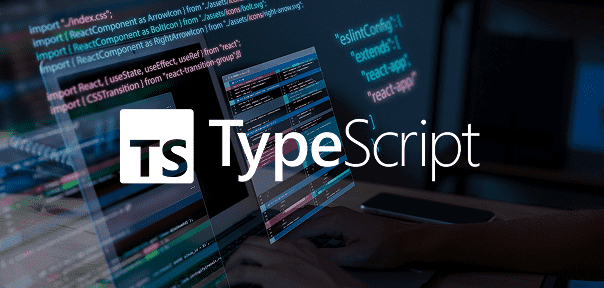
View Course

Included with Pro+ Subscription


View Course

Included with Pro+ Subscription
Cloud Computing
.png)
View Course

Included with Pro+ Subscription


View Course

Included with Pro+ Subscription
.jpg)

.jpg)

.png)


View Course

Included with Pro+ Subscription


View Course

Included with Pro+ Subscription


.png)

View Course

Included with Pro+ Subscription
.png)

View Course

Included with Pro+ Subscription


View Course

Included with Pro+ Subscription
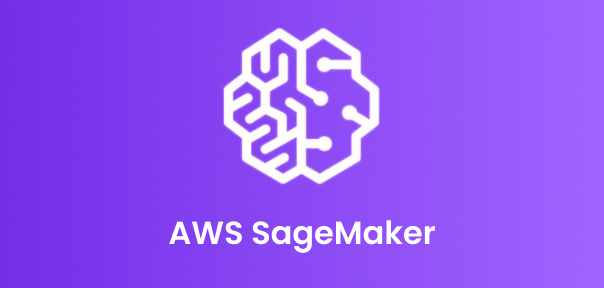

View Course

Included with Pro+ Subscription



AI & Generative AI

View Course

Included with Pro+ Subscription


View Course

Included with Pro+ Subscription

View Course

Included with Pro+ Subscription

View Course

Included with Pro+ Subscription


.jpg)
View Course

Included with Pro+ Subscription

View Course

Included with Pro+ Subscription
Management
.jpg)
View Course

Included with Pro+ Subscription

View Course

Included with Pro+ Subscription
.jpg)
View Course

Included with Pro+ Subscription
 (1).jpg)
View Course

Included with Pro+ Subscription
.png)
View Course

Included with Pro+ Subscription
.jpg)
View Course

Included with Pro+ Subscription
.jpeg)
View Course

Included with Pro+ Subscription

View Course

Included with Pro+ Subscription
.png)
View Course

Included with Pro+ Subscription
.png)
View Course

Included with Pro+ Subscription

View Course

Included with Pro+ Subscription
.png)
View Course

Included with Pro+ Subscription

View Course

Included with Pro+ Subscription
.png)
View Course

Included with Pro+ Subscription
.png)
View Course

Included with Pro+ Subscription
.png)
View Course

Included with Pro+ Subscription

View Course

Included with Pro+ Subscription
Cyber Security

View Course

Included with Pro+ Subscription

View Course

Included with Pro+ Subscription
.png)
.png)
View Course

Included with Pro+ Subscription
.png)
View Course

Included with Pro+ Subscription
.png)
View Course

Included with Pro+ Subscription
Data Science & ML


View Course

Included with Pro+ Subscription
.png)
View Course

Included with Pro+ Subscription

View Course

Included with Pro+ Subscription

View Course

Included with Pro+ Subscription

View Course

Included with Pro+ Subscription

View Course

Included with Pro+ Subscription
Subscribe to Academy Pro+ & get exclusive features
$25/month
No credit card required
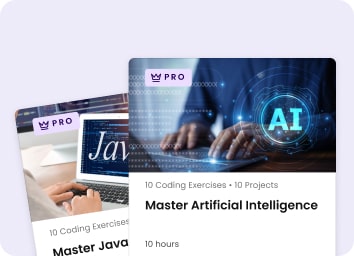
Learn from 40+ Pro courses
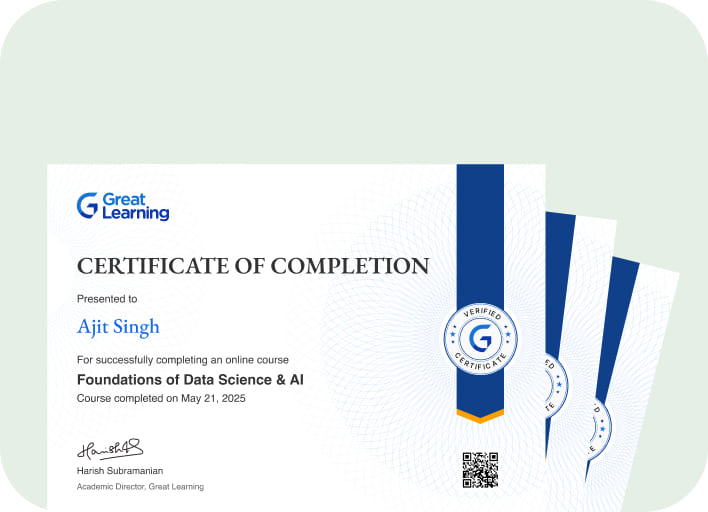
Access 500+ certificates for free
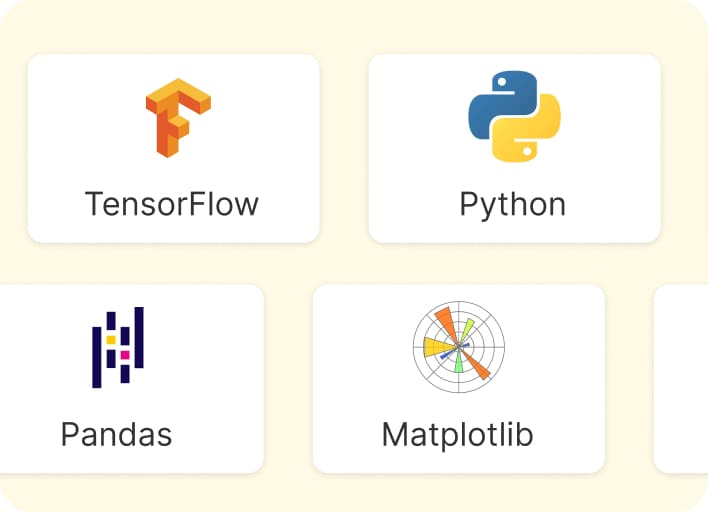
700+ Practice exercises & guided projects
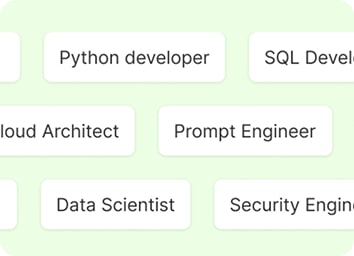
Prep with AI mock interviews & resume builder
Recommended Free Android Application Development courses

Similar courses you might like











